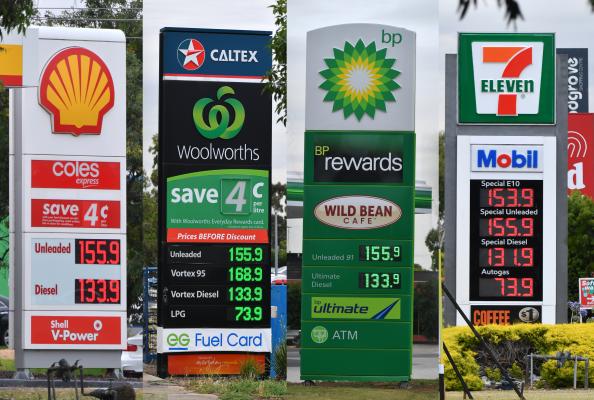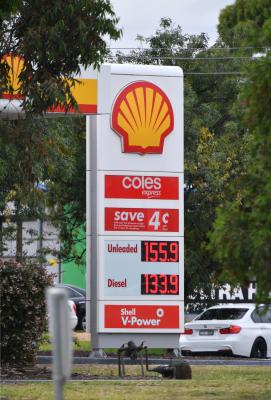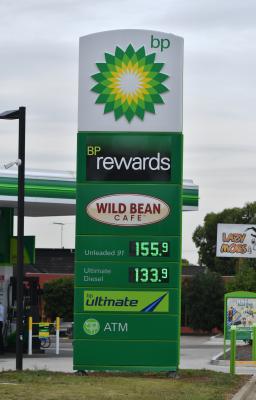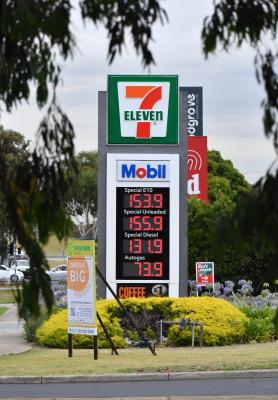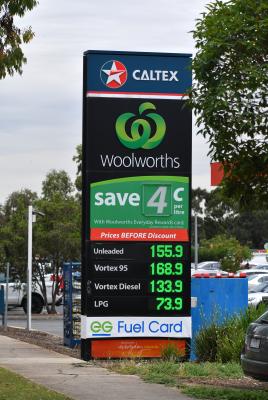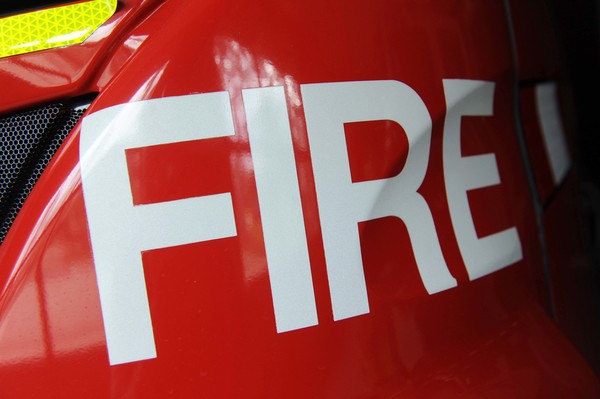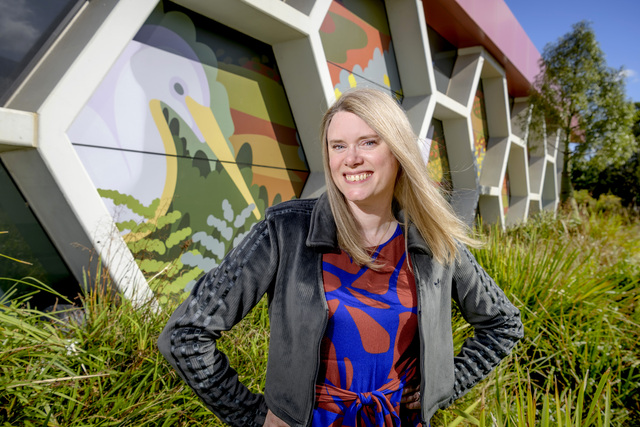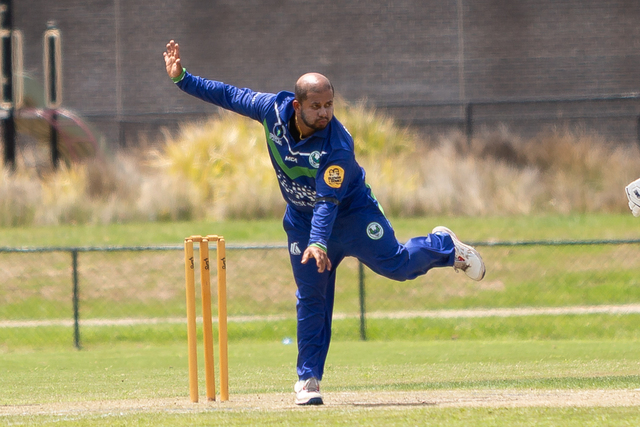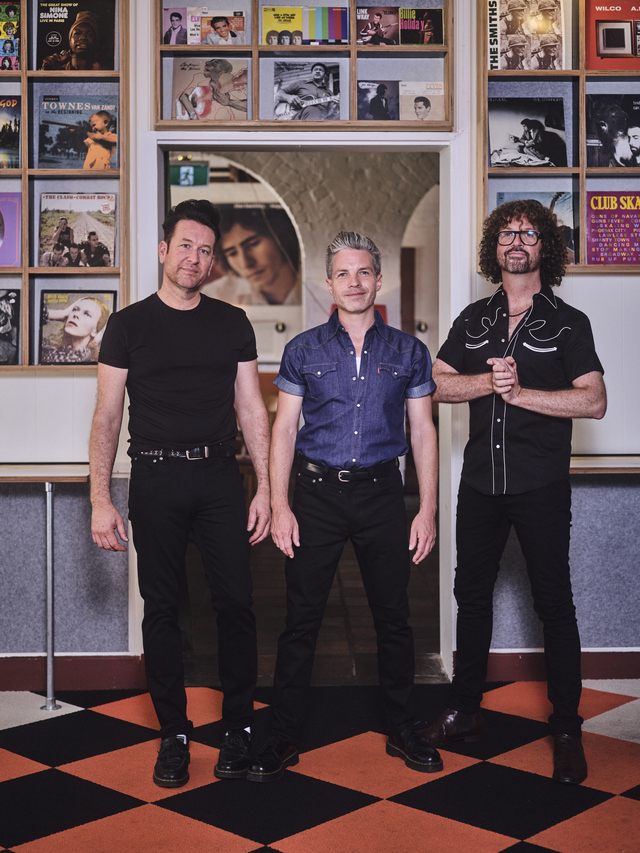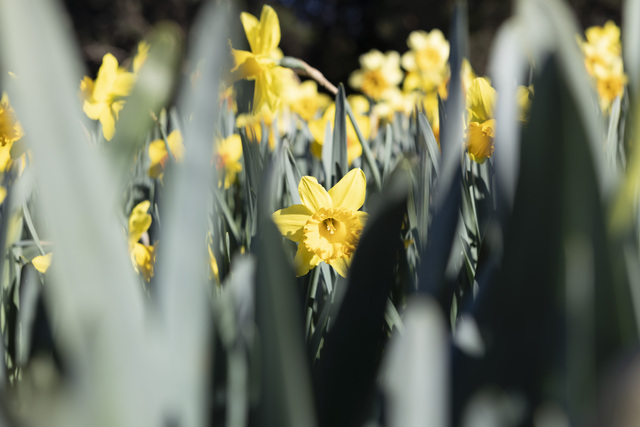Melton’s sky-high petrol prices are coming under greater scrutiny with a local MP vowing to help take action to bring prices in line with neighbouring areas.
Melton MP Steve McGhie said the area’s families are being unfairly hit with higher prices than people in neighbouring suburbs, often paying more than 20 cents per litre extra at the pump and spending at least $10 more every time they fill up.
“I have had many constituents raise concerns regarding the prices of petrol in Melton being noticeably higher than in other areas,” Mr McGhie said.
“I am deeply concerned that families in Melton are paying more than they should be.”
Mr McGhie said he has taken the issue up with the consumer affairs minister Melissa Horne and will be contacting federal Gorton MP Brendan O’Connor to discuss this issue soon, as fuel prices are regulated by the federal government.
“In the interim I strongly encourage residents to complain to the ACCC [Australian Competition and Consumer Commission]” he said.
The ACCC’s latest petrol monitoring report showed that average petrol prices rose in the 2020 September quarter after a record low earlier in the year.
Although the ACCC does not set fuel prices, it does monitor retail fuel prices on a daily basis.
A spokesperson said it has the power to investigate where it sees issues of concern.
“Where we find sufficient evidence we will take action to protect consumers against misleading and anti-competitive conduct by fuel retailers.”
Mr McGhie’s promise to take action was widely welcomed on social media, where some residents said they had seen price differences of up to 50 cents per litre between Melton and Watergardens.
Melton’s Andre Peters said the lack of independent competition makes it easier for the major fuel companies to keep prices inflated well above those in neighbouring suburbs.
“Sadly there is no competition in Melton as there are no independents,” he said.
“Generally we pay at least 20 cents a litre more at times in Melton.”
A BP spokesman said petrol prices at the pump can be impacted by a number of different factors.
He said while there are currently about 1400 BP branded sites across Australia, about three quarters are owned by independent business partners who set their own retail pricing.
“When it comes to retail fuel pricing, our aim is to be competitive and attract customers to our sites,” he said.
“Generally speaking, the price at the pump is impacted by a number of different factors. In particular, international product prices and competition between service stations in a local area. There are also other factors including exchange rates, taxes and local operating costs.”

